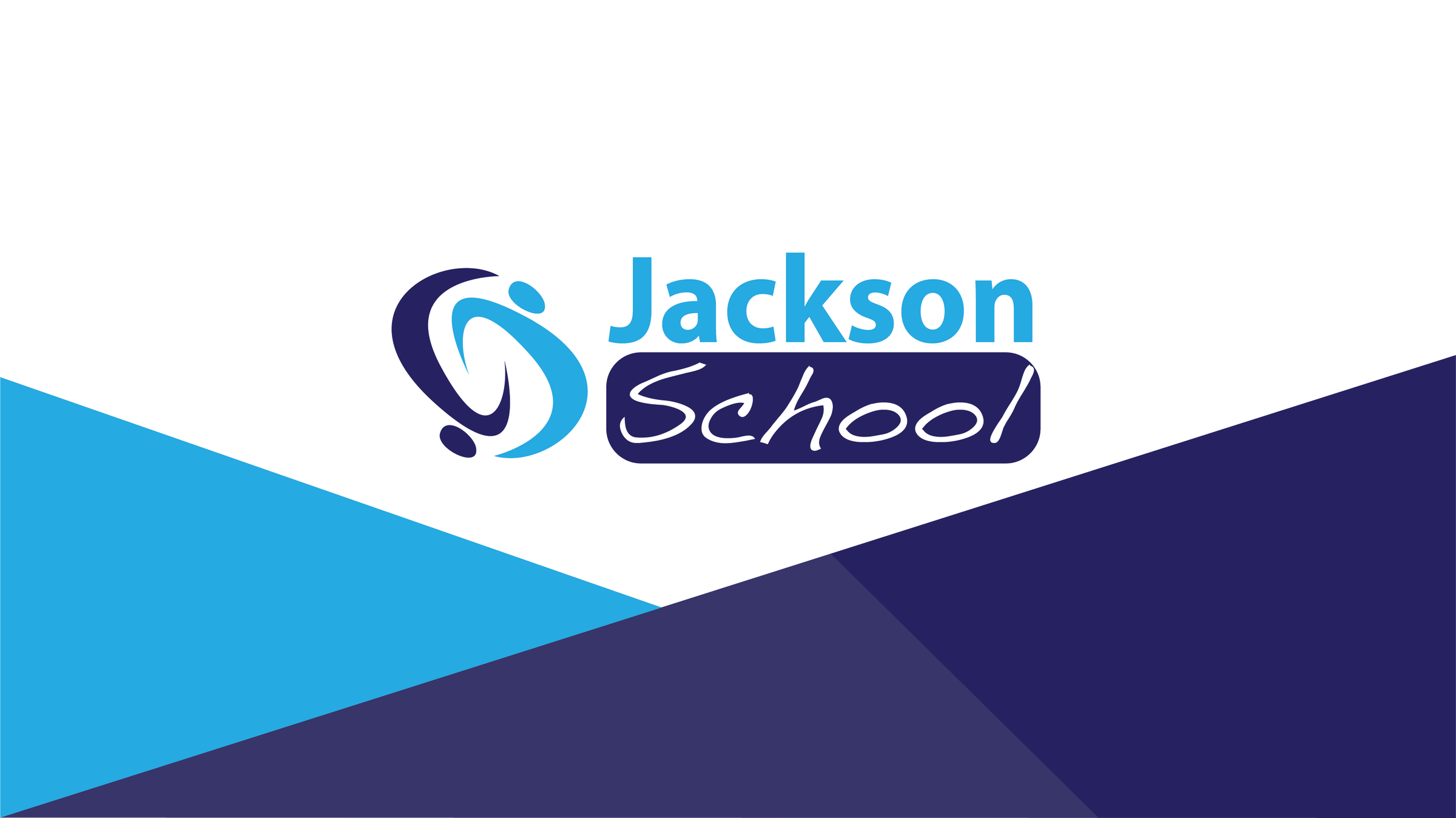Support and Information

Providing information on your child's disability
When you apply for the NDIS you will need to provide information about your child's disability or their need for early intervention. Your child's school may be able to help with this by providing existing documentation including:
- copies of applications for the Program for Students with Disability (PSD) program
- Disability Inclusion Profiles
- Individual Learning Plans (ILPs)
- reports from student support services
- a summary of school-based records of involvement from our Allied Health team
Schools can only provide information that already exists, they cannot arrange for new assessments or reports.
You do not have to tell the school that your child is an NDIS participant or ask for copies of supporting information if you do not want to.
Support in schools
Schools are responsible for supports for your child's learning at school, including:
- teaching, learning assistants and other supports such as Auslan interpreters
- general support, resources and training for teachers, tutors and other staff
- therapy delivered in schools for education or training purposes, such as allied health practitioners
- aids and equipment to make the curriculum accessible, such as modified computer hardware, software and Braille textbooks
- school building modifications such as ramps, lifts and hearing loops
- transport for educational or training activities such as excursions, field trips and sporting carnivals.
If your child is an NDIS participant this will not affect any extra support they get at school to support their education. This includes support your child may be getting if they are eligible for Disability Inclusion or the Program for Students with Disabilities (PSD).
PSD is one of the supports available to help schools meet the needs of eligible students with disability and high needs who attend Victorian government schools. Disability Inclusion is the new funding and support model for students with disability. It is being introduced over a staged rollout and will progressively replace the PSD.
The NDIS may fund a range of specialised supports for school-aged children with a disability. However, the NDIS does not replace or duplicate the responsibilities of the Department.
Schools remain responsible for providing reasonable adjustments to ensure that students with a disability can access their education on the same basis as their peers without a disability.
Schools are legally obliged to provide these adjustments, regardless of whether a student is also receiving NDIS support or other funding (for example, Program for Students with Disability or Disability Inclusion).
Reasonable adjustments may include (but are not limited to):
- modifying programs, adapting curriculum delivery and assessment strategies
- providing ongoing consultancy support or professional learning and training for staff
- developing and implementing individual education plans, health support planning and behaviour support plans
- providing educational software, tablets, or other assistive technology
- modifying schools and classrooms to enable physical access to premises
- providing access to the regional Health Wellbeing and Inclusion Workforces.
The NDIS does not fund therapy for the purpose of enabling a student to access their education. A school’s legal obligation under the Disability Discrimination Act 1992 (Cth) is to ensure students with a disability can access their education on the same basis as their peers without a disability. This may include making reasonable adjustments like those listed above.
For more information, see Disability Inclusion Funding and Support and Program for Students with Disabilities (PSD).
For More Information
To ensure educational programs are not disrupted, our teaching and Allied Health staff are not directly available to support with NDIS requests. For further information or documents please contact our NDIS Community Liaison:
Christine Tidswell NDIS Community Liaison |
Your Local Area Coordinator (LAC) is: the Brotherhood of St Laurence (BSL). Their team is there to help you to access NDIS, community and government supports. To contact BSL:
Telephone: 1300 275 634
Email: ndis.info@bsl.org.au or communications.ndis@bsl.org.au
Website: https://ndis.bsl.org.au/service-areas/brimbank-melton
